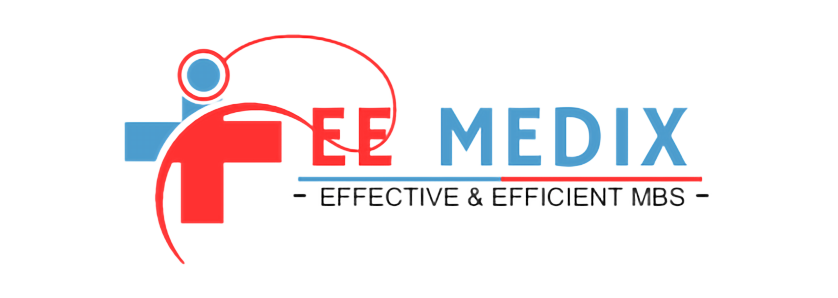Introduction:
Private practices continually seek ways to improve efficiency and bolster profitability. One pivotal area for enhancement is medical billing. In this blog post, we’ll explore the advantages of outsourcing medical billing, compare the profitability of in-house versus outsourced billing services, stress the importance of maintaining compliant billing practices, and underscore the significance of billing and collections in medical practice.
Benefits of Outsourcing Medical Billing:
Outsourcing medical billing comes with a myriad of advantages for private practices.
- Expertise and Specialization: Outsourcing allows practices to tap into the specialized knowledge and expertise of professional billing services. Trained billing experts stay abreast of ever-changing regulations and coding updates, reducing the risk of errors.
- Cost Efficiency: Managing an in-house billing team can be costly when considering salaries, benefits, and ongoing training. Outsourcing eliminates these overhead costs, providing a more cost-effective solution for practices.
- Focus on Core Competencies: By outsourcing billing responsibilities, healthcare providers can concentrate on what they do best – delivering quality patient care. This shift in focus can lead to improved patient satisfaction and overall practice efficiency.
- Advanced Technology and Software: Billing companies often invest in cutting-edge technology and software, ensuring that claims are processed efficiently. This can result in faster reimbursements and reduced billing cycles.
In-House vs. Outsourced Billing Services: Profitability Comparison:
Determining whether in-house or outsourced billing is more profitable depends on various factors.
- Cost Analysis: Conducting a comprehensive cost analysis is crucial. While outsourcing may have upfront fees, the long-term cost savings often outweigh the initial investment, especially when factoring in reduced errors and improved revenue capture.
- Resource Allocation: In-house billing may strain resources that could be better utilized in patient care. Outsourcing allows for more efficient resource allocation and the ability to scale services based on the practice’s needs.
- Scalability and Flexibility: Outsourcing provides the flexibility to scale services up or down based on the practice’s growth. In-house teams may struggle to adapt to fluctuating workloads.
Importance of Compliant Billing Practices:
Maintaining compliant billing practices is non-negotiable for medical practices.
- Legal and Ethical Obligations: Compliance ensures adherence to legal and ethical standards, protecting the practice from potential legal repercussions.
- Reputation Management: Compliant billing practices contribute to a positive reputation, fostering patient trust and loyalty.
- Financial Stability: Compliance reduces the risk of audits and penalties, contributing to the financial stability of the practice.
Significance of Billing and Collections in a Medical Practice:
Billing and collections play a pivotal role in the financial health of a medical practice.
- Revenue Generation: Accurate and timely billing is essential for revenue generation. Delays in the billing process can hinder cash flow and impact the practice’s financial viability.
- Patient Satisfaction: Clear and transparent billing practices contribute to positive patient experiences. Patients appreciate clarity in financial transactions and are more likely to comply with payment obligations.
- Operational Efficiency: Efficient billing and collection processes contribute to the overall operational efficiency of a medical practice. This efficiency extends beyond financial aspects and positively influences the entire patient care experience.
Conclusion:
Outsourcing medical billing emerges as a strategic move for private practices looking to enhance efficiency, reduce costs, and ensure compliance. The decision between in-house and outsourced billing services should be based on a careful analysis of the practice’s specific needs and goals. Regardless of the chosen approach, the importance of maintaining compliant billing practices and recognizing the significance of billing and collections in overall practice success cannot be overstated.
Frequently Asked Questions (FAQs):
Q1: Is outsourcing medical billing suitable for all types of healthcare practices?
A1: Yes, outsourcing can be beneficial for practices of various sizes and specialties. It allows practices to access specialized expertise and technology, improving efficiency.
Q2: How does outsourcing impact the overall profitability of a medical practice?
A2: While there may be upfront costs associated with outsourcing, the long-term benefits, such as reduced errors, improved revenue capture, and cost savings, often contribute to increased profitability.
Q3: What are the risks associated with in-house billing?
A3: In-house billing may pose challenges related to resource allocation, scalability, and staying updated with changing regulations. These factors can affect efficiency and, subsequently, profitability.
Q4: How does compliant billing contribute to a practice’s reputation?
A4: Compliant billing practices demonstrate ethical standards, fostering trust and loyalty among patients. A positive reputation can lead to increased patient satisfaction and retention.

